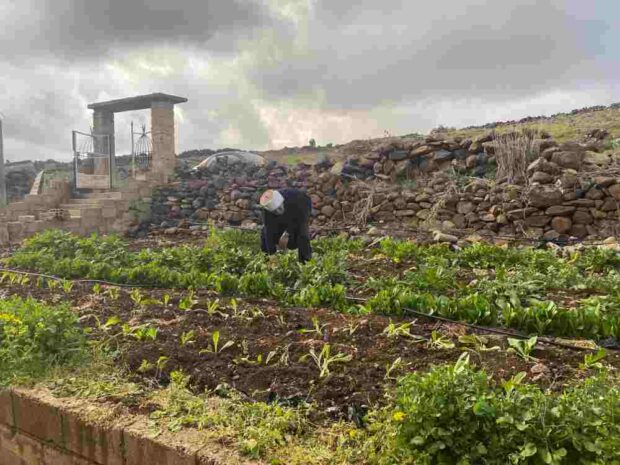

RBI Issues Draft Disclosure Framework For Banks Over Climate-Change Risks
The Agribusiness Task Force of the Sustainable Markets Initiative introduced a groundbreaking blended finance framework during COP 28. The new fund is aiming to propel regenerative farming into the mainstream by mobilizing trillions of dollars. Companies such as Mars, McCain Foods, McDonald’s, Mondelez International, PepsiCo, and Waitrose collaboratively unveiled a plan to make regenerative farming financially viable and scalable.
The initiative includes exploration of implementation projects in India, the UK, and the US, as well as the enlistment of Lloyds Banking Group to enhance cross-industry support. Additionally, the task force advocates for policy changes to facilitate the implementation of regenerative farming.
Currently, the global food system contributes to approximately 30% of human-produced greenhouse gas emissions and is a primary driver of nature loss. Embracing regenerative farming on a global scale could address a third of the land-based climate action required by 2030. However, the Sustainable Markets Initiative Agribusiness Task Force identified economic challenges for most farmers in adopting regenerative practices.
To accelerate the scaling of regenerative farming, the task force, which includes Bayer, Indigo Ag, and Olam Agri, outlines a four-lever framework. This framework involves introducing new funding and sourcing models, implementing common metrics, suggesting government policy changes, and creating new revenue streams for farmers.
The “new funding and sourcing models” propose a blended finance model taking funds from multiple sources.
The “plan to create new revenue streams for farmers” introduces the Ecosystem Services Market. This approach allows farmers to generate additional revenue by capturing carbon credits throughout a field’s entire rotation, not just during active use. During periods when the field is resting to recover soil health and biodiversity, farmers can continue selling carbon credits to buyers outside their value chain.
In addition to making regenerative farming financially viable, the task force suggests solutions to make it scalable. This includes the “introduction of common metrics” to provide a universally understood and scalable approach and “suggested government policy changes” to unlock $ 1.2 trillion that regenerative agriculture could contribute to the global economy.
Policy recommendations encompass financial advice and training support for farmers adopting regenerative practices, the promotion of regenerative farming terms in trade agreements, and the creation of incentives for landowners to encourage regenerative techniques by tenants.
The task force is actively exploring four farming projects to validate its concept, involving companies such as Bayer, Olam, Mars, PepsiCo, ADM, Mondelez, Indigo AG, McCain, McDonald’s, Waitrose, HSBC, Lloyds Banking Group, and NatWest.
In a significant move toward advancing green energy and industrial growth in the state, Himachal…
Golabl chemical conglomerate BASF has announced that its now offering the world’s first biomass-balanced polyethersulfone…
In a crucial stint to bolster the biogas sector and sustainable dairying in the country,…
TotalEnergies SE has received approval to proceed with its Middlebrook solar and battery project in…
Andhra Pradesh Chief Minister Chandrababu Naidu has inaugurated the Rs 1,000-crore green hydrogen plant of…
The BITS Pilani has developed an innovative solution for managing landfill leachate, domestic septage, and…